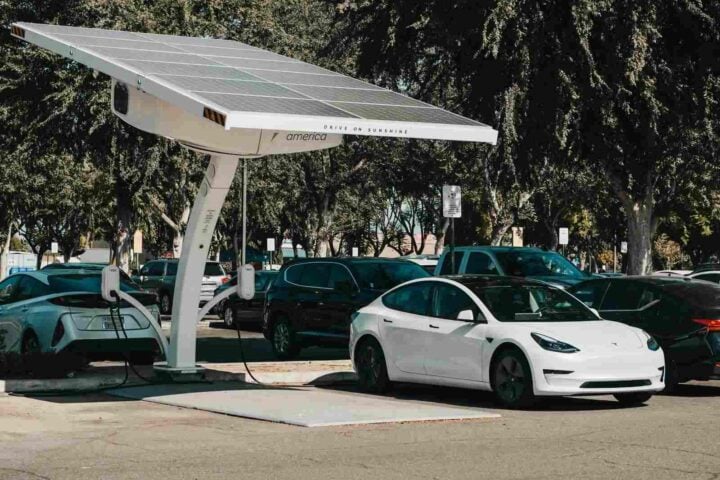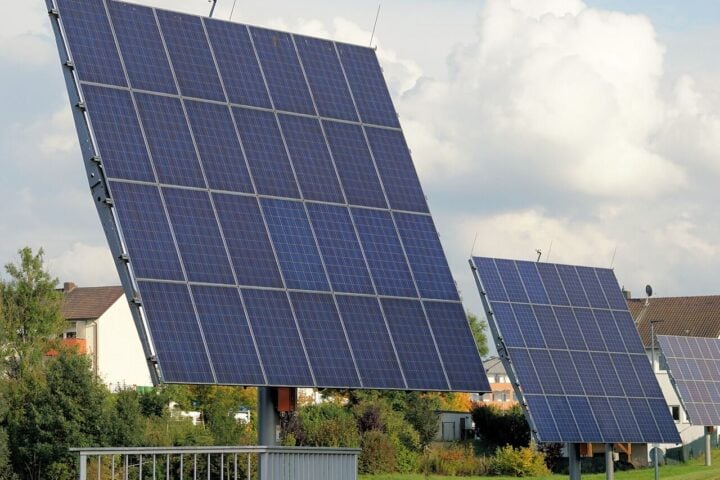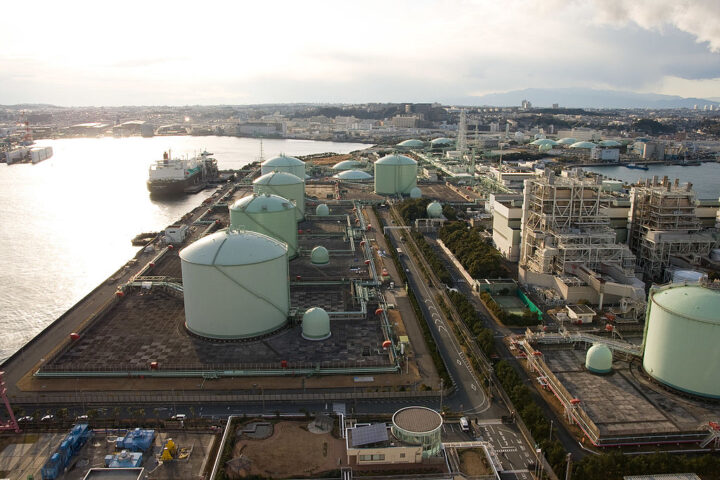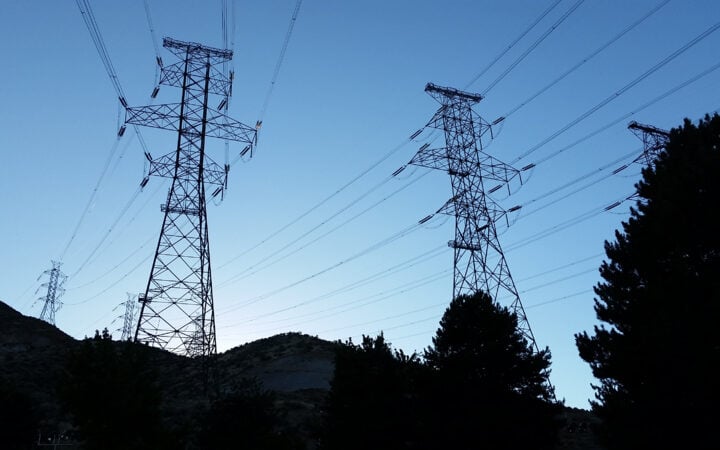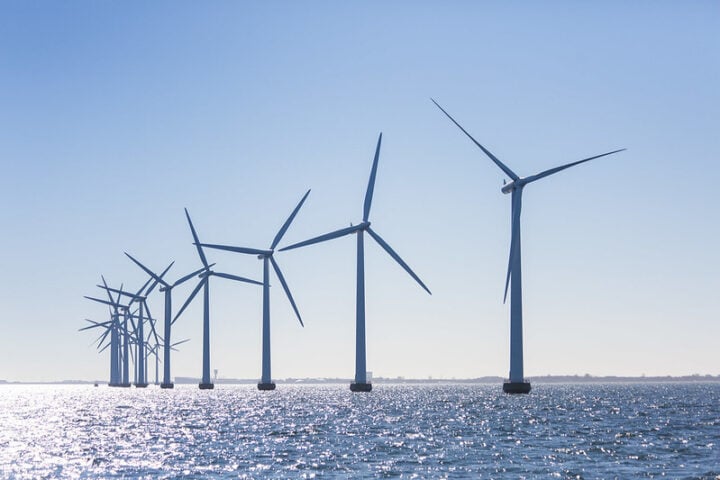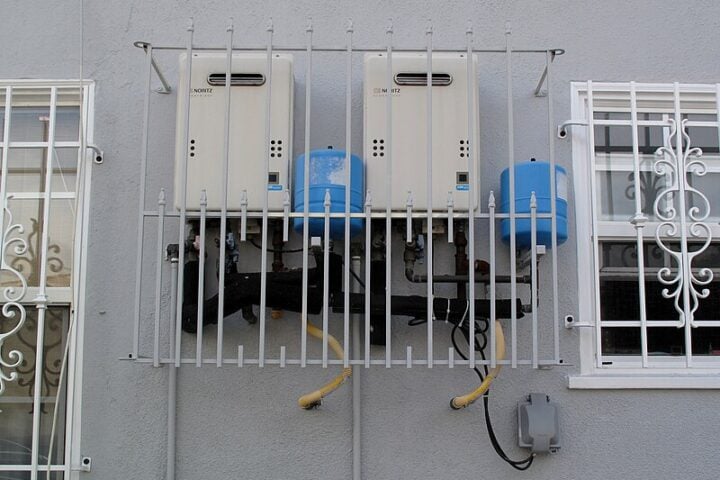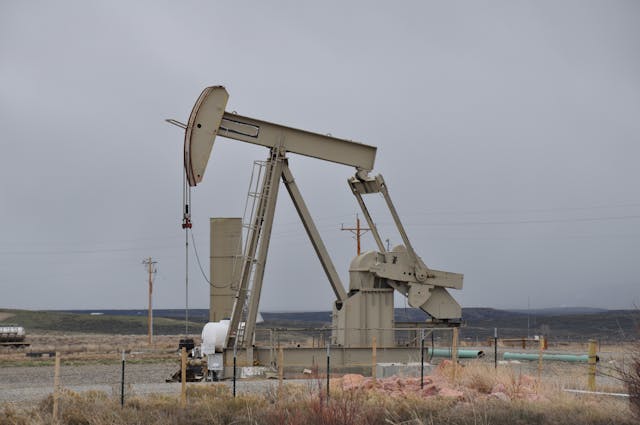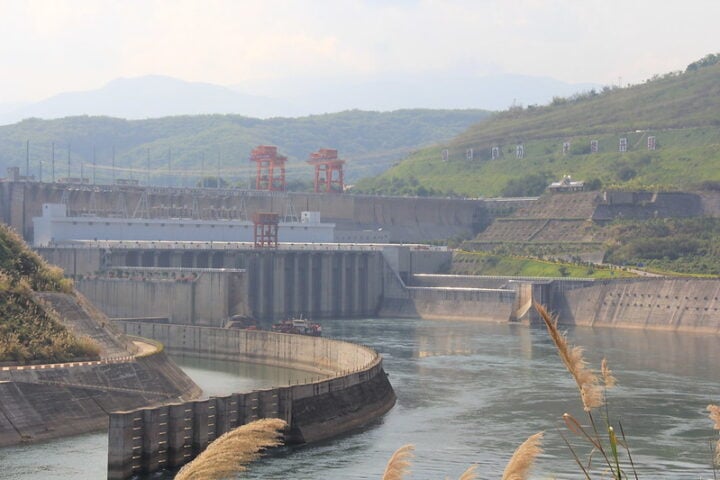The 2021–2023 global energy crisis began in the aftermath of the COVID-19 pandemic in 2021, with much of the globe facing shortages and increased prices in oil, gas, and electricity markets. This crisis was caused by a variety of economic factors, including the rapid post-pandemic economic rebound that outpaced energy supply. It escalated into a widespread global energy crisis following the Russian invasion of Ukraine. The price of natural gas reached record highs, leading to increased electricity prices in some markets, and oil prices hit their highest level since 2008.
Higher energy prices have had significant social and economic impacts. It is estimated that an additional 11 million Europeans could be driven to poverty due to energy inflation. Europe’s gas supply is particularly vulnerable due to its historic reliance on Russia, while many emerging economies have faced higher energy import bills and fuel shortages.
The crisis has also been influenced by the global supply chain crisis, which stressed the delivery of extracted petroleum. Additionally, Europe’s efforts to replace Russian gas have bid up prices of liquefied natural gas (LNG) from the U.S., Australia, and Qatar, diverting supply away from traditional LNG customers in Asia and causing power prices to soar.
Similar Posts
The situation in various regions has been diverse. For instance, Cameroon faced fuel shortages, Ethiopia removed fuel subsidies leading to price increases, and Nigeria, despite being an oil producer, faced fuel shortages due to its reliance on imports. China experienced its worst energy crisis in decades, partly due to a record heatwave affecting hydropower stations.
This crisis is distinct from the shocks of the 1970s, which were largely limited to oil. Today’s crisis involves all fossil fuels and occurs in a global economy that is more interlinked and dependent on a variety of energy sources, magnifying the impact.
The remedies suggested include the use of electric vehicles and alternative energy sources like solar, wind, and sea wave energy to reduce energy bills. The principle of “waste not, want not” is also emphasized as a way to address the crisis.



